Set off warning: This story accommodates descriptions of home abuse, emotional trauma, and miscarriage, which can be distressing for some readers. Reader discretion is suggested.
Within the hushed glow of Iceland’s Northern Lights, Dr Aninda Sidhana stood in awe. The sky pulsed with emerald and violet ribbons of sunshine, and for the primary time in years, she felt gentle.
“Once I was watching the large glaciers, I felt my issues have been small. This glimpse of pure magic jogged my memory how lovely life can nonetheless be.”
Commercial
She laughed with strangers, posed for images, wandered alongside quiet seashores, and soaked within the heat of the Blue Lagoon. This wasn’t only a trip—it was the primary time in years she felt really free. After all the things she had endured, this journey marked a return to herself.
“I felt a real sense of pleasure… I felt liberated and completely satisfied.”
This second, underneath overseas skies, marked a turning level. A psychiatrist by career, Dr Aninda had survived two abusive marriages and two miscarriages. She had endured trauma that left lasting scars. However right here, alone and smiling, she reclaimed one thing she thought she had misplaced eternally: herself.
Surviving what so many endure in silence
In accordance with the Nationwide Household Well being Survey (NFHS-5), almost 30 p.c of Indian girls have skilled home violence. Many undergo in silence, caught between emotional ties, societal stress, and the hope that issues will change.
Dr Aninda’s story is a kind of uncommon accounts the place survival just isn’t the top of the story; it’s the start of rebuilding. At this time, she shares her journey to not recount the ache, however to gentle a path for others strolling by it.
When love harm: The primary marriage
Contemporary out of medical faculty in Puducherry, Dr Aninda landed her dream job on the Institute of Human Behaviour and Allied Sciences (IHBAS) in Delhi in 2013. Filled with optimism and pleasure, she regarded ahead to starting her profession in psychiatry. It was right here she met her first husband, a fellow psychiatrist.
Commercial
“I fell deeply in love with him,” she recollects. “We quickly tied the knot, believing that our shared career and fervour for psychological well being can be the inspiration of a satisfying marriage.”
However the phantasm shattered on the very evening of their wedding ceremony.
“On stage, his sister brazenly mocked me, calling me ‘fats and horrible’. Once I confessed my harm, he slapped me. That evening, my goals of a fairy story have been destroyed.”
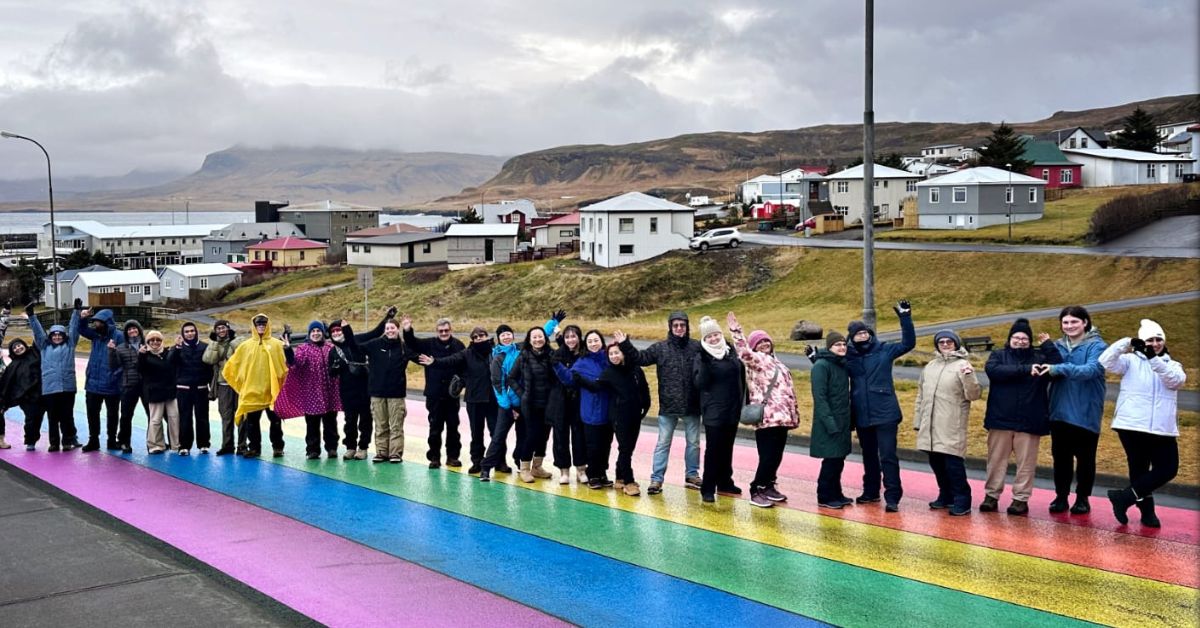
What adopted was three years of escalating abuse. “He hurled objects, spat at me, and as soon as, assaulted me with scorching curry,” she recounts. “In public, he was affectionate, even shocking me with a embellished automotive for our anniversary. However the personal actuality was merciless and manipulative.”
Regardless of her coaching in psychiatry, she admits she couldn’t recognise the purple flags early on. “In my denial and love, I ignored the indicators.”
Lastly, in 2018, she gathered the braveness to depart.
Commercial
Commenting on why girls are inclined to overlook the primary indicators of abuse, Dr Sugandha Gupta, a Delhi-based psychiatrist, shares, “Many people don’t instantly recognise abuse as a result of shock of the primary incidence. They stay within the hope that the incident is not going to be repeated. This typically retains them from acknowledging it as abuse.”
She provides, “Social stigma, emotional wants, and societal expectations typically stop girls from leaving abusive relationships, even when they’re financially unbiased. Though monetary independence can assist, it doesn’t get rid of the societal pressures and emotional dependencies that hold people in abusive relationships.”
Therapeutic begins with friendship
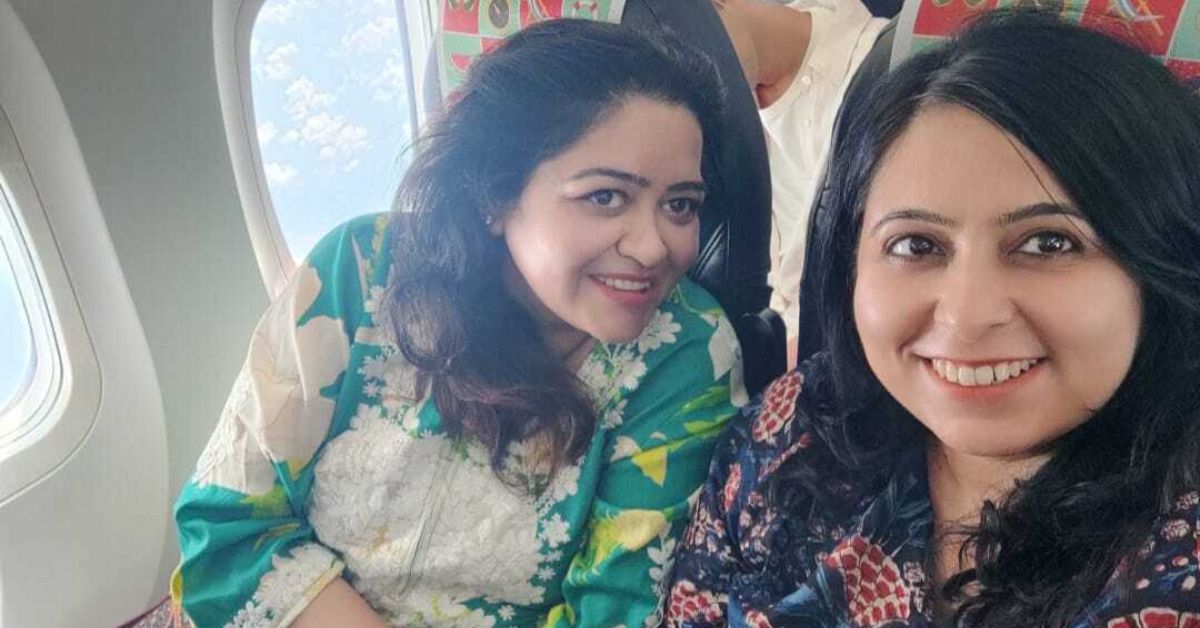
Returning to her hometown in Sri Ganganagar, Rajasthan, she was weighed down with guilt and grief. “I feared judgment as a result of I had rushed into the wedding. However my pals turned my lifeline.”
One buddy organised a shock birthday journey to Dharamshala. “Sitting on a balcony with chai, trekking by mountains—I felt like a free hen once more. Individuals noticed the images and mentioned I regarded like my outdated self.”
These moments have been the primary indicators of therapeutic. They reminded her that life exterior abuse was not solely attainable however price dwelling.
The second blow: A wedding of surveillance
In 2021, she remarried—an organized match with a doctor. However quickly, outdated patterns resurfaced.
Commercial
“There have been CCTV cameras watching me always. I used to be subjected to fixed criticism, management, and finally violence,” she says.
By means of this era, Dr Aninda underwent three IVF and two IUI cycles, enduring two miscarriages.
“It was the toughest and most isolating time of my life. My in-laws pressured me to have a male baby or twins. There was no emotional or monetary help. I stayed with my mother and father by the cycles, alone in ache.”
She provides, “Any failure was blamed on my weight and supposed incapability to bear a baby. My profession was secondary to my reproductive position.”
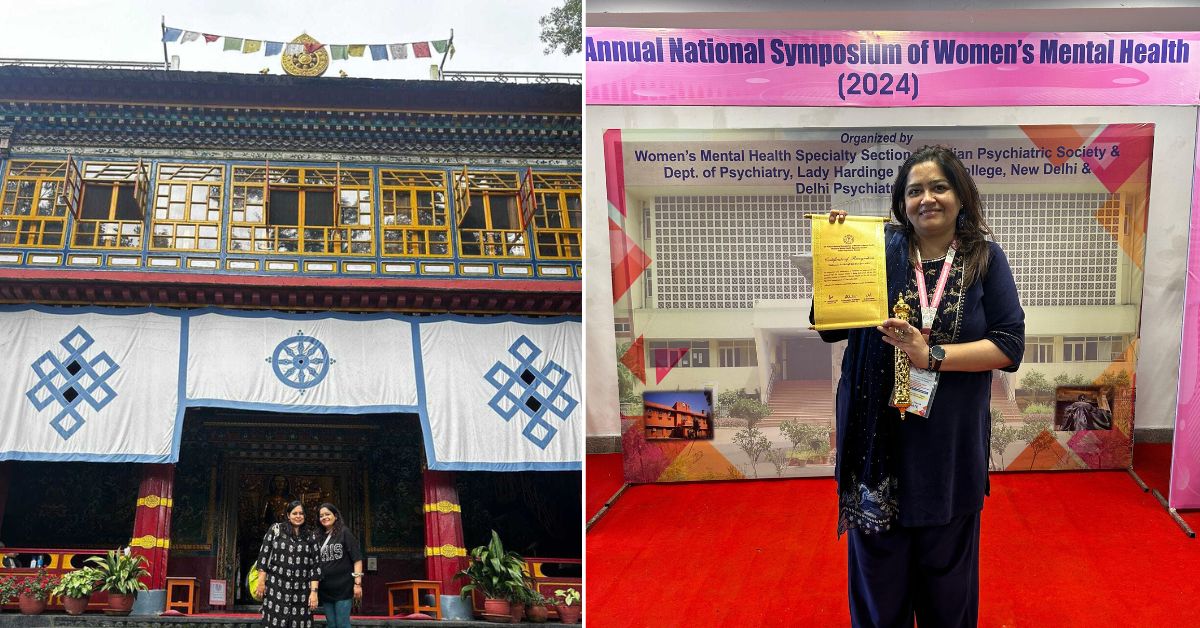
The ultimate turning level got here when she found proof of infidelity. When she confronted her husband, his violent outburst was met with silence from his household. That was the day she walked away.
“I lastly discovered the energy to stroll away—not simply from a wedding, however from a life outlined by concern.”
Commercial
A brand new starting: remedy, writing, and solo journey
Restoration didn’t occur in a single day. “In my first remedy session, I requested: ‘Was it me? Was I the issue?’” Her therapist replied, “You have been by no means meant to be caged. Abuse isn’t your fault.”
These phrases marked the start of a brand new life.
Dr Aninda started journaling and writing blogs. “The reflective energy of phrases turned my remedy. I found a podcast of a lady who had additionally survived two abusive marriages. Her story gave me hope. I believed, if she will rise, so can I.”
On the encouragement of her uncle, Dr Ravinder Sharma, she deliberate a solo journey to Iceland. Talking with The Higher India, Dr Ravinder says, “I reassured her that when she stepped out of this poisonous setting, she would acquire a brand new, constructive perspective. After a number of conversations, Aninda determined to take motion. She organised her journey, managed her bookings, and made her solution to Iceland.”
Dr Aninda returned with a renewed sense of freedom. “That journey modified all the things. I laughed with strangers, posed for photos, felt totally alive. That journey wasn’t about sightseeing—it was about reclaiming pleasure.”
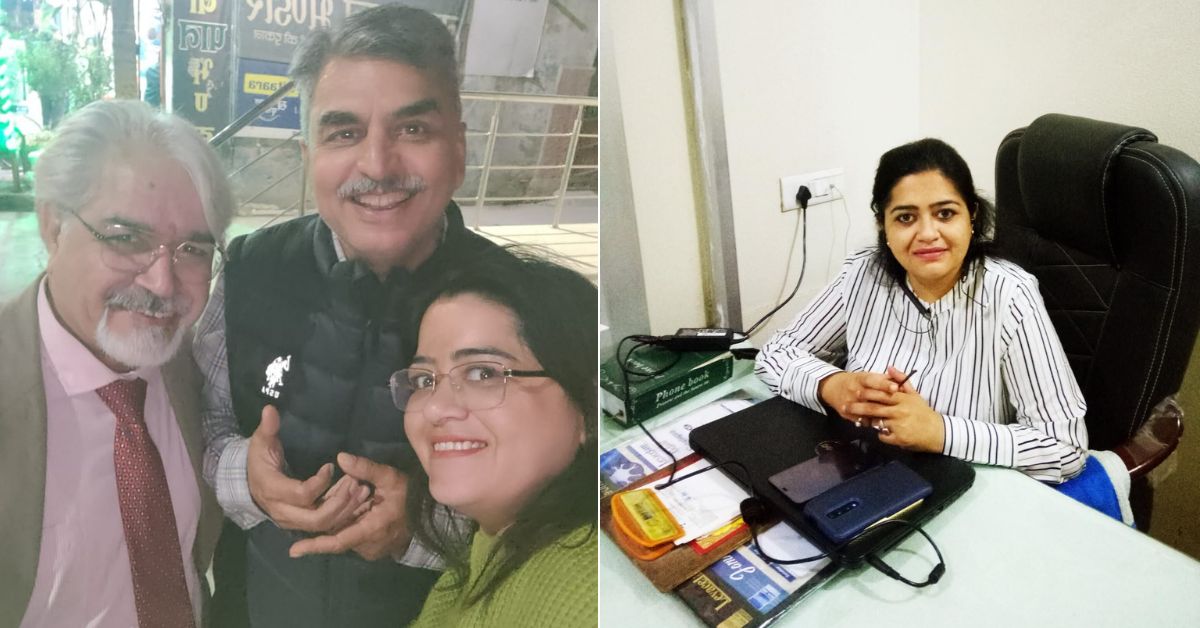
Rebuilding life, brick by brick
At this time, Dr Aninda works at a prestigious medical faculty in Rajasthan, combining her skilled experience with lived expertise.
She is obsessed with creating consciousness round home violence, particularly amongst educated, skilled girls who typically undergo in silence attributable to social stigma.
“Nobody ought to undergo what I did.”
She is working towards establishing a nonprofit for survivors of home abuse, focussing on emotional rehabilitation, authorized consciousness, and peer help. “I wish to create a secure house the place girls can communicate with out concern.”
Her advocacy now extends to public platforms, the place she shares suggestions for figuring out purple flags in relationships, from love bombing to delicate management techniques.
“You possibly can all the time begin over. Your price isn’t tied to a relationship.”
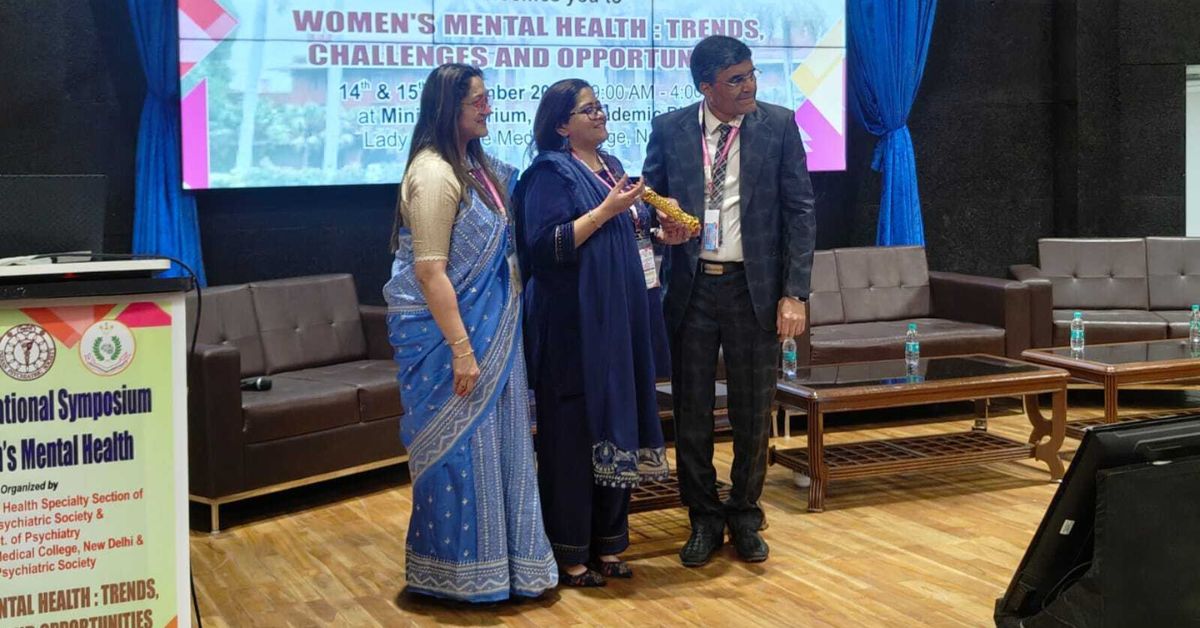
Assist techniques that helped
Dr Aninda highlights three key pillars that helped her rebuild:
1. Remedy: “Remedy helped me unlearn the guilt and recognise the abuse for what it was.”
2. Group: Family and friends performed a serious position in reminding her of her price. “Assist doesn’t have to make things better; typically it simply wants to take a seat beside you.”
3. Solo experiences: From travelling to writing, reclaiming house for herself allowed her to reconnect with pleasure.
She additionally advocates for skilled helplines, help teams, and authorized literacy workshops to be extra accessible to survivors.
What you are able to do when you’re in the same scenario
- Recognise purple flags: Isolating you out of your family members, controlling your funds, mocking or belittling your profession, or pressuring you into silence are all types of abuse.
- Attain out: Speak in confidence to a buddy, search skilled assist from a therapist, or contact native girls’s help teams.
- Know that assist exists: Helplines comparable to 1091 (Ladies Helpline) and the Nationwide Fee for Ladies (7827170170) can be found.
- Have an emergency plan: Preserve vital paperwork, some money, and speak to info available.
A narrative of hope
Two marriages. Two miscarriages. And a life as soon as marked by concern.
At this time, Dr Aninda’s story just isn’t certainly one of what she misplaced, however of all the things she present in herself. Energy. Voice. Objective.
“Each scar tells a narrative—of not simply ache, however of energy and the capability to rebuild. Resilience just isn’t the absence of concern or ache, however the dedication to rise anyway.”
Her journey reminds us that therapeutic just isn’t a linear course of, however it’s attainable. That we’re by no means really alone. And that even within the darkest chapters of our lives, there’s all the time a manner ahead.
In case you or somebody is dealing with abuse, don’t keep silent. Attain out. Assistance is all the time nearer than you assume.
All photographs courtesy Dr Aninda Sidhana

